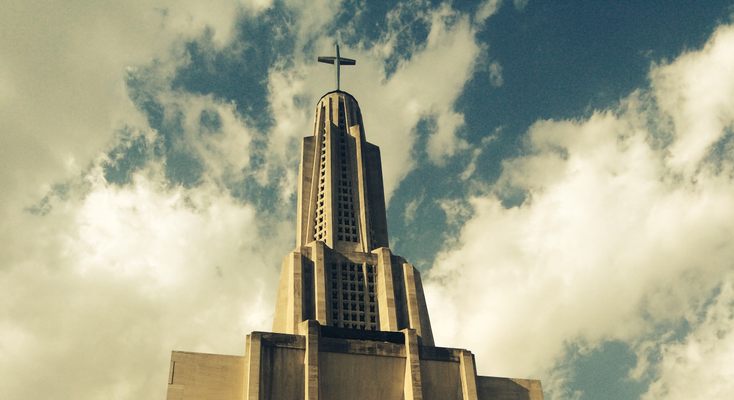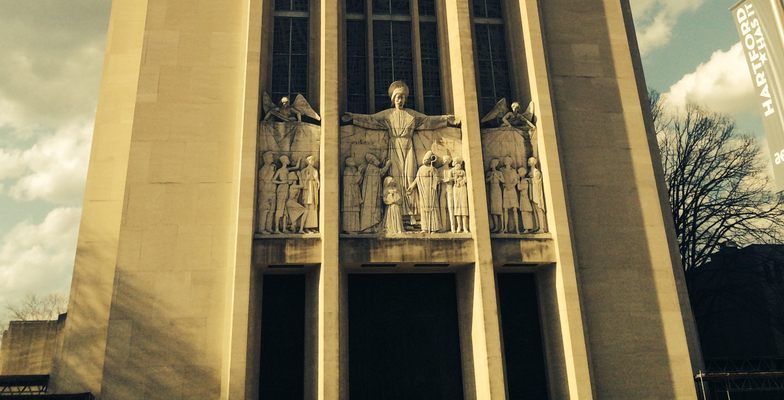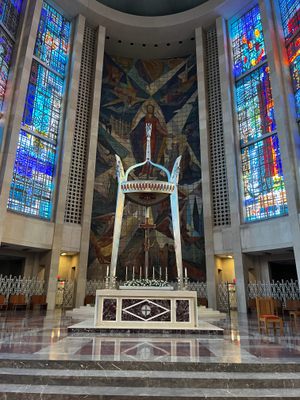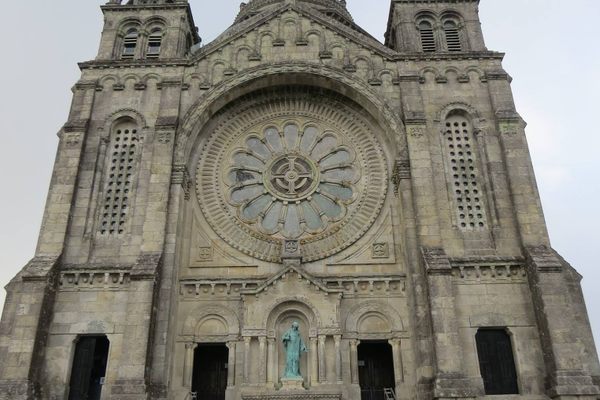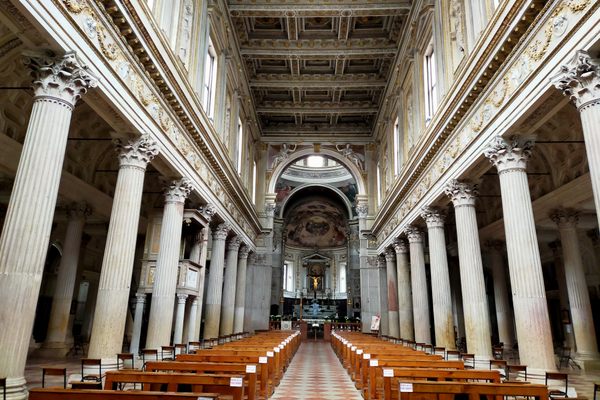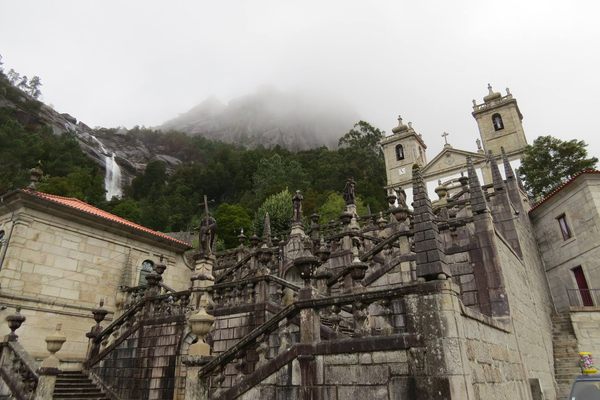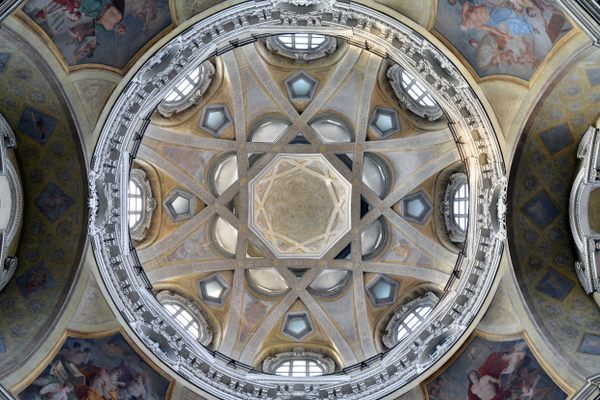About
In Western Hartford, on the opposite side of the street to Mark Twain’s house, is a monolithic cathedral. Built during the height of the Cold War, it resembles the brutal stone edifices of monuments favored behind the Iron Curtain, designed in a style more Soviet than Sacre Coeur.
The first cathedral of St. Joseph couldn’t have looked more different. Finished in 1892, the twin Gothic towers mimicked the classical style and form of Montreal’s Notre Dame. Tragedy struck the cathedral during morning Mass on New Year’s Eve, 1956, when a fire broke out in the wooden ceiling. By the end of the afternoon, all that remained of the venerable cathedral was, according to the official church history, “a charred, smoldering, ice-encrusted ruin.”
The new cathedral, built upon the ashes of the old, would impose itself on the skyline of Western Hartford. The choice of architects itself was telling; Eggers & Higgins of New York were more known for their imposing stone memorials and civic buildings than ornate basilicas. Responsible for constructing the Thomas Jefferson Memorial in Washington, DC, and the Brooklyn War Memorial in Cadman Plaza, they brought their monumental style to the new St. Joseph’s.
Soaring 281 feet into the air, and made of concrete and limestone, with the immense, sculpted frieze of a heroic St. Joseph surrounded by people, its grandiose form looks more like the Institute of Robotics and Technical Cybernetics in St. Petersburg than a traditional Catholic church.
A modernist product of its time, the new St Joseph’s was consecrated the same month that John Glenn became the first American to orbit the Earth, and the US announced an embargo against communist Cuba.
Whilst the exterior is totalitarian in appearance, the interior is one of the finest examples of beautiful, contemporary ecclesiastical art in America. Surrounded by vast, spectacular and brightly colored stained glass friezes crafted in Paris, the sunlight coming into the church is transformed by the multi-colored panels reaching nearly 70 feet in height. Behind the altar is the largest ceramic tile mural in the world, brightly depicting Christ in Glory.
Related Tags
Community Contributors
Added By
Published
April 22, 2015



